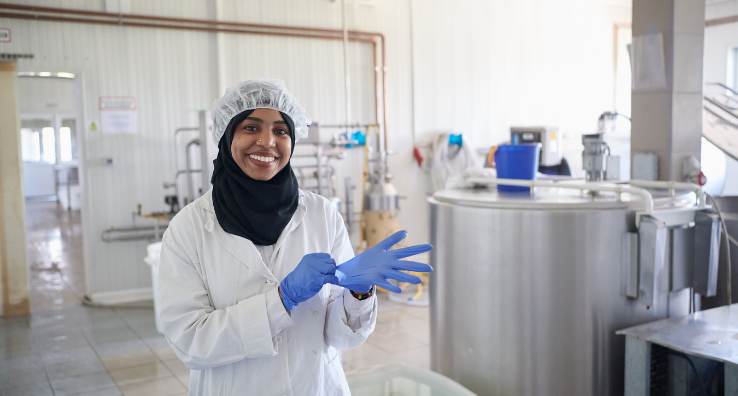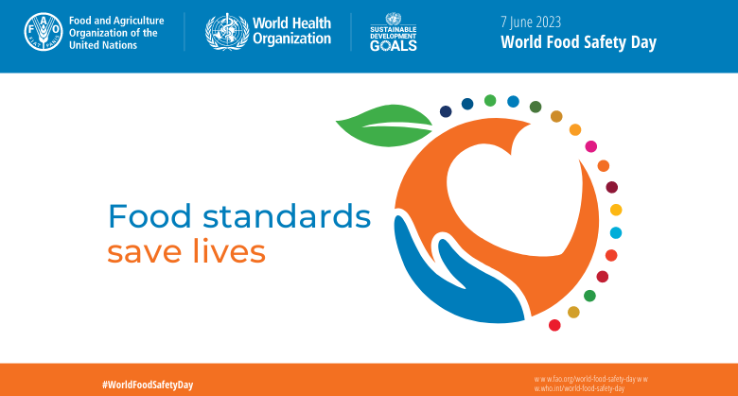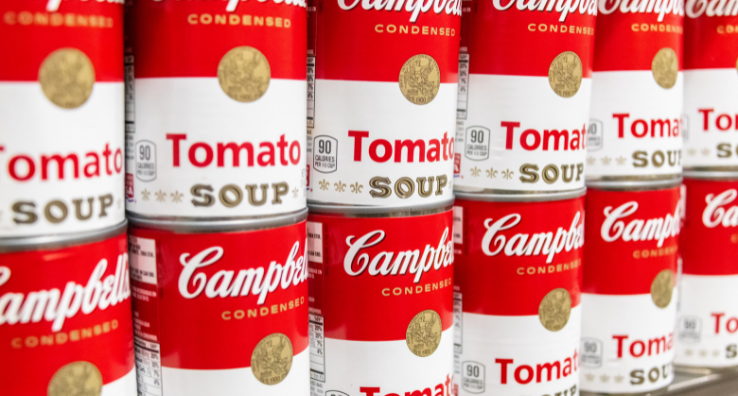Frontline Workers – The Real Heroes of World Food Safety Day

Today, the World Health Organization is celebrating the fifth annual World Food Safety Day to draw attention to food standards that help provide a sustainable global food supply. Foodborne diseases affect 1 in 10 people worldwide each year, and food standards help us to ensure what we eat is safe.
Approximately 420,000 people worldwide die yearly after eating contaminated food, and children under five carry 40% of the foodborne disease burden, with 125,000 deaths annually.
The numbers are frightening. And they shouldn’t be taken for granted. However, when you flip those numbers and you factor in the major challenges of the last three years – pandemic, climate change, broken supply chains, global unrest, and cyberattacks, it’s incredible that food manufacturers can produce massive volumes of food worldwide that for the most part are safe to eat.
Despite all these challenges, roughly 7.7 trillion meals are consumed in a single year without incident in a population that increasingly sources its meals from foods produced in manufacturing facilities.

And the #1 asset in this success isn’t technology, regulations, or enforcement. It’s our frontline food workers. Regulations, the threat of fines, and litigation go a long way in helping to protect our food supplies. But they go nowhere without trained frontline workers equipped and empowered with a strong food safety culture.
Your Best Line of Defense
Frontline workers can see things that managers, supervisors, or technology might miss. At every stage – from receiving to production to shipping – when trained and empowered to say something if they see something, they can sound the alarm when anything is out of the ordinary. They can detect if an ingredient has a different color or smells different than it usually does or if the packaging doesn’t look the same.
Frontline workers also have the power to mentor other workers and create a sense of ownership across manufacturing lines. Through a structured cross-training program, they can share best practices and eliminate bad habits from spreading.
They can serve as your first line of defense against product contamination or adulteration, both intentional and accidental. And they can help stop cybercrime by knowing the basic techniques like phishing, ransomware, and malware. And when it comes to keeping workers safe, they can be trained and incentivized to avoid risky behaviors on the job and notify managers when they see a potential hazard.
Creating Tools for a Stronger Workforce
Intertek Alchemy recognizes frontline workers as the MVPs of food safety. That’s why we constantly strive to provide the best and most effective food safety training combined with on-the-floor follow throughs that help motivate and retain valuable frontline workers.
Our classroom and eLearning training provides a single content source that simplifies, streamlines and standardizes training across the production floor. And when it comes to developing and retaining frontline workers, our HR and onboarding training develops leaders and improves the well-being of your employees.
Our training impacts more than 1 million frontline workers annually across 7,500 plants worldwide. Last year alone our clients delivered more than 6.4 million Alchemy food safety training courses and observations.
Of course, food safety requires constant vigilance, which is why we continually update and enhance our food safety training catalog. In addition to content updates to meet changing regulations and production realities, we’ve added several new courses to address recall-related topics like labeling and quality controls.
We’ll release another course next month, Food Safety Matters, to help food manufacturers meet GFSI’s new food safety culture requirements. Through storytelling and other adult-learning principles, the course stresses the importance of the “why” behind food safety. Like all Alchemy courses, Food Safety Matters was created based on client input and feedback .
Below is the introductory video to the new course. It demonstrates our passion for this topic, including a personal message from our director of content and industry strategy, Holly Mockus. In her words, “Having the courage to raise your hand when you make a mistake, matters. Telling your supervisor if you see something that’s not right, matters. You matter. And food safety matters.”






